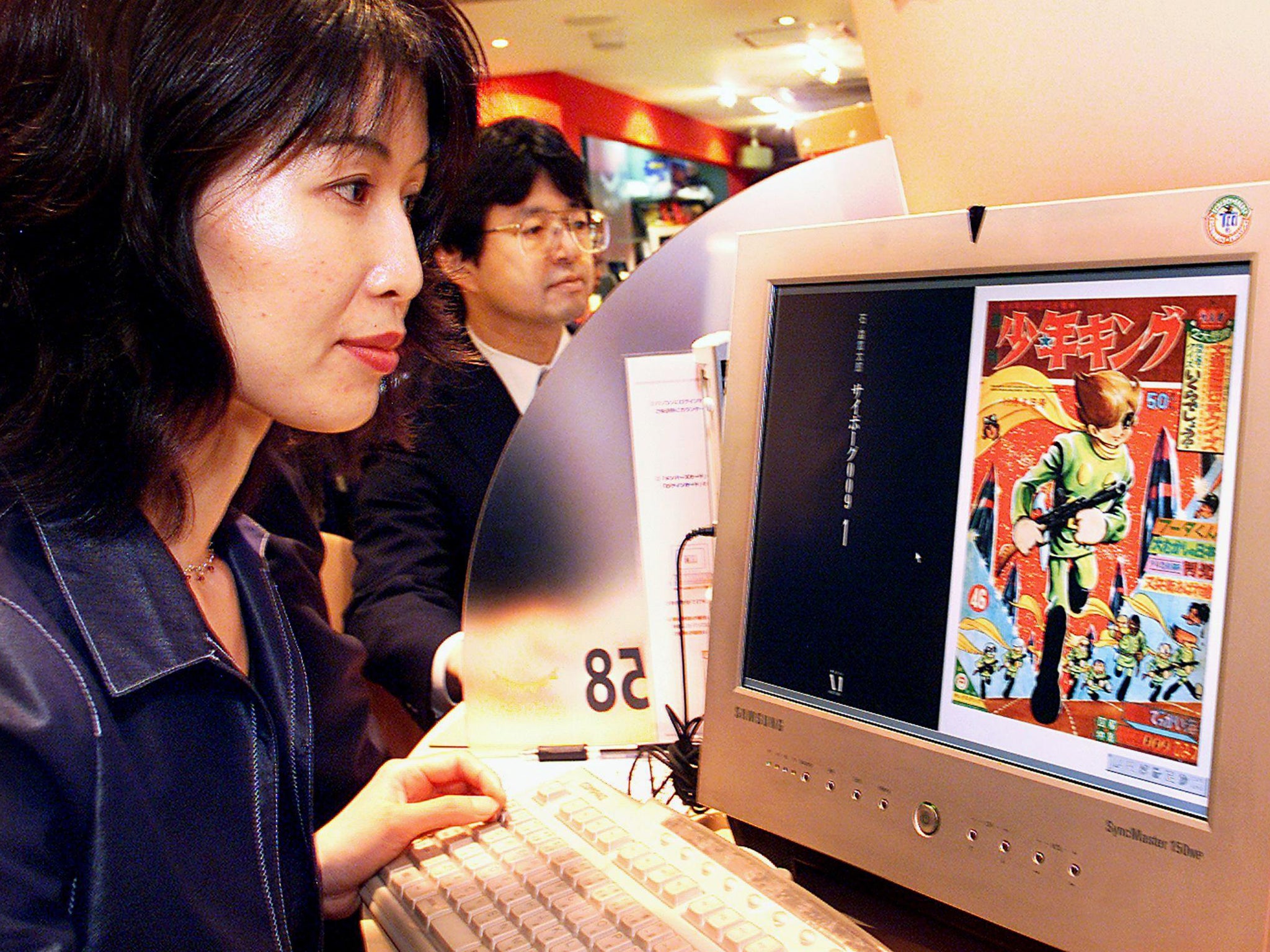Japan tries online detox for 500,000 teenagers addicted to the internet
Digital detox centres are becoming more important at battling online obsessives

In one Tokyo internet cafe, online worshippers are never far away from their beloved screens. For underneath the endless booths of computers wired to the online world, there is a capsule hotel where individuals can have a quick nap before they reconnect.
Not that sleep will come naturally: in Japan, many individuals with an internet addiction have struggle sleeping.
"In the worst cases, kids drop out of school and are not able to catch up with school curriculum," says Nomura Kazutaka, a therapist whose clinic in Yokohama deals with cases of online addiction. "Kids like that will also have other problems like not being able to sleep, which needs to be tackled in addition to the addiction."
When Al Jazeera asked people in Akihabara, the Tokyo shopping district known for selling video games and other electric goods, some didn't seem to really see the issue of spending most of the day online that much of an issue. "I'm online about ten hours a day, which is okay," said one Tokyo resident, while another added, "I don't think it's wrong just because it's just the way we live today."
Well, the Japanese government sees it as an issue, with the administration estimating that 500,000 teenagers are addicted to the internet. Centres are popping up across the country offering a digital detox, where visitors are told to leave their device at the door and embrace some time away from their smartphones, tablets or computers.
Yoneda Tomohiko, the website editor for Lifehacker magazine, told Al Jazeera about how he used to spend 15 hours a day online. He has now written a book on his battle against internet addiction and why teenagers need to learn to live without their screens.
"Even at weekends, when you are meant to be resting, if you are connected online you are not really resting," he says. "People need to take time away from their digital gadgets, disconnect, then you can nurture imagination and encourage face to face communication."
Extreme cases from Asia show how far online obsessions can become.
In 2005, the BBC reported that a South Korean man died after playing an online video game for 50 hours without a break. Police said he hadn’t slept nor eaten properly.
The Guardian reported in March 2010 that a couple, also from South Korea, had allowed their three-month-old baby to starve to death while they brought up another child online. They named their virtual baby Anima, leaving their real daughter unnamed and alone most of the day while the couple frequented the local internet cafe.
Subscribe to Independent Premium to bookmark this article
Want to bookmark your favourite articles and stories to read or reference later? Start your Independent Premium subscription today.

Join our commenting forum
Join thought-provoking conversations, follow other Independent readers and see their replies